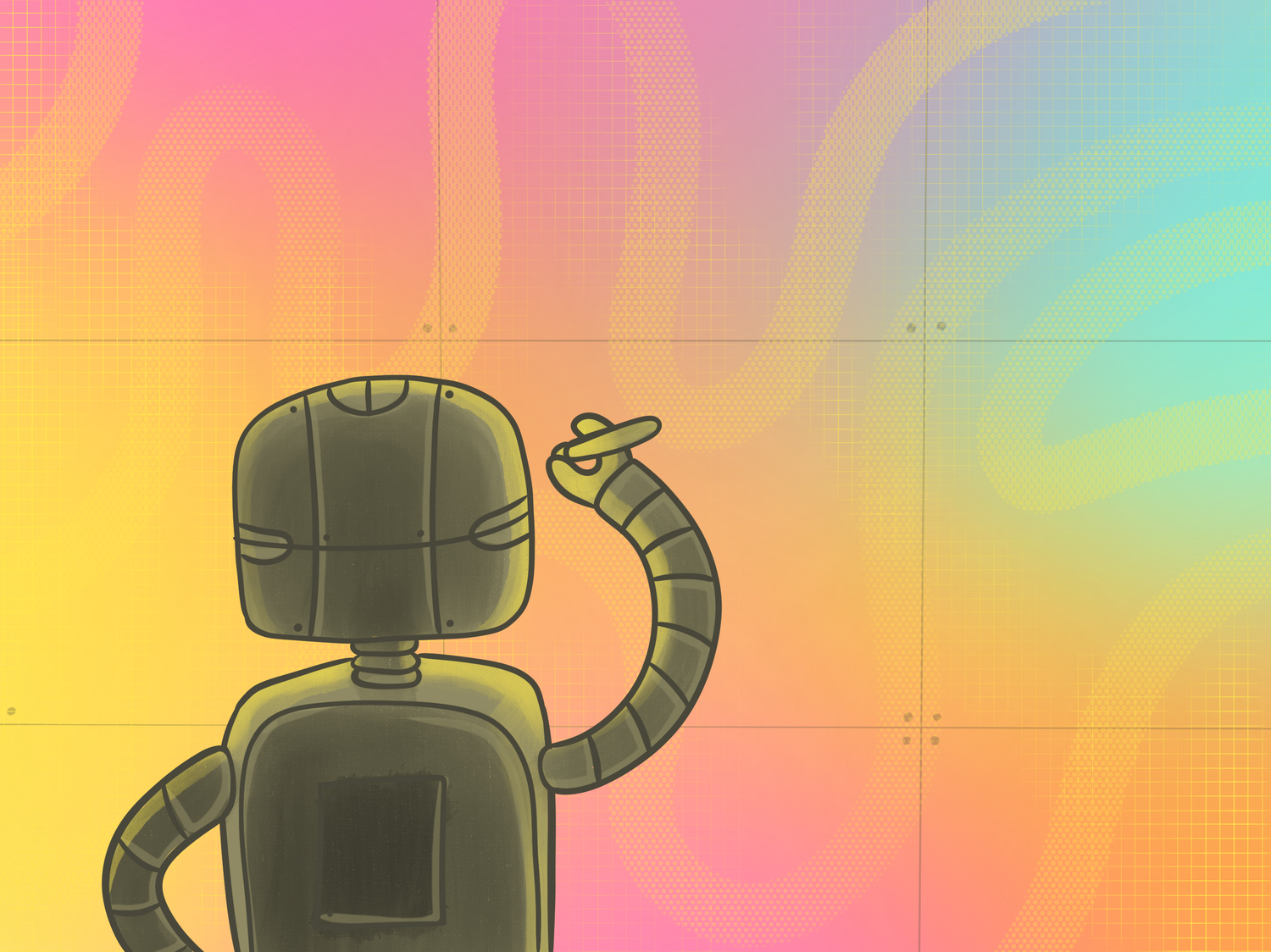
News
When Professors Speak Out, Some Students Stay Quiet. Can Harvard Keep Everyone Talking?

News
Allston Residents, Elected Officials Ask for More Benefits from Harvard’s 10-Year Plan

News
Nobel Laureate Claudia Goldin Warns of Federal Data Misuse at IOP Forum

News
Woman Rescued from Freezing Charles River, Transported to Hospital with Serious Injuries

News
Harvard Researchers Develop New Technology to Map Neural Connections
What the Hell Happened: Creatives Condemn AI Threats

Since the widespread release of artificial intelligence tools such as ChatGPT in Nov. 2022, AI has surpassed expectations — now capable not just of solving mathematical equations, but of performing what were once thought of as distinctly human faculties: everything from painting to story writing to therapy.
But this rapid progress has come at a human cost, and over 10,000 creative professionals argued this sentiment in a statement released on Oct. 22. By scraping human creations to train its algorithms, AI poses a threat to intellectual property rights and the livelihoods of the artists whose work it appropriates. The extent to which human artwork has been used in training AI was exposed last January by a list on X naming thousands of artists whose work had been scraped.
Unwilling to idly sit by, tens of thousands of creatives — including Oscar-winning actor Julianne Moore and bestselling author James Patterson — signed an online letter condemning the use of human art in training generative AI.
“The unlicensed use of creative works for training generative AI is a major, unjust threat to the livelihoods of the people behind those works, and must not be permitted,” the one-sentence statement reads.
The main grievance cited in the statement is the monetary costs that AI scraping incurs. That complaint was also at the center of the Writers Guild and SAG-AFTRA strikes in 2023, which rocked the entertainment world by shutting down many movie and TV show productions. During the nearly five-month-long strikes, actors demanded that their AI-generated likenesses not be used without their consent, and writers demanded they have the right to sue should their work be used to train AI. As streaming has already reduced the compensation of those in the entertainment world, AI could further destabilize their income streams.
Evidently, the statement indicates that the studios’ concessions at the end of the strikes have not fully allayed concerns about AI and seems to call upon the federal government to step in to regulate the issue.
Artists are not the only ones grappling with the effects of AI in their field. Media companies’ business models have also been disrupted by AI, with the New York Times suing Microsoft and OpenAI last December for scraping the newspaper’s content — and in some cases, repeating it verbatim — to build its knowledge base.
AI presents a new challenge to creatives and the laws that should protect them. Some instances of scraping constitute clear violations of existing law — such as using an actor’s digitally generated likeness without their consent, which is illegal in many states, or spitting out sentences from newspaper articles verbatim, which can qualify as copyright infringement. But creatives will have a harder time arguing that some of generative AI’s processes, which involve using human sources to learn from and create new content — just as human artists are inspired by others’ works — violate intellectual property rights.
The U.S. government has yet to legislate on the issue, leaving creatives vulnerable to all kinds of copyright infringement in the meantime. But, as the recent statement demonstrates, creatives are not going to take it sitting down.
Want to keep up with breaking news? Subscribe to our email newsletter.
